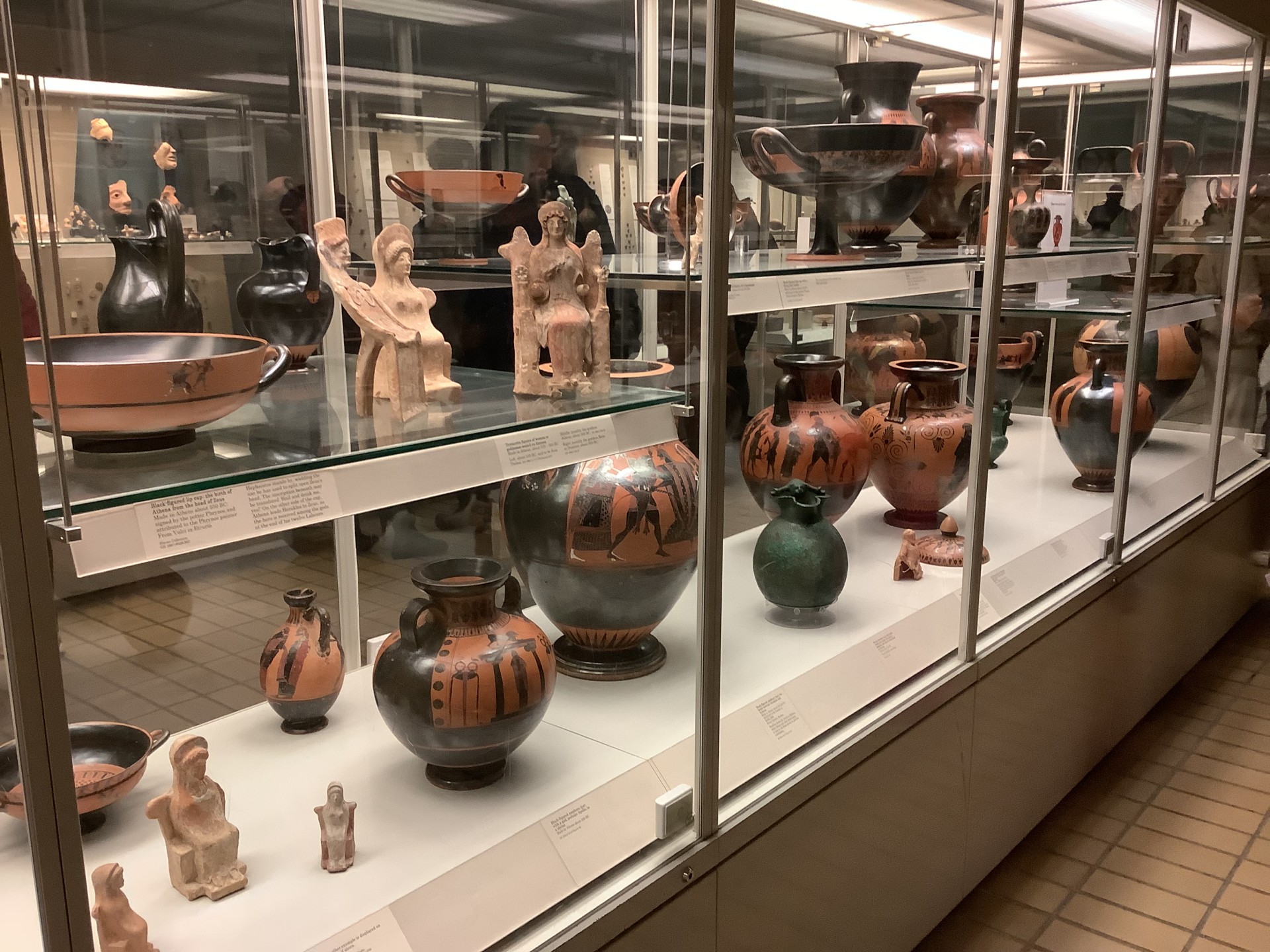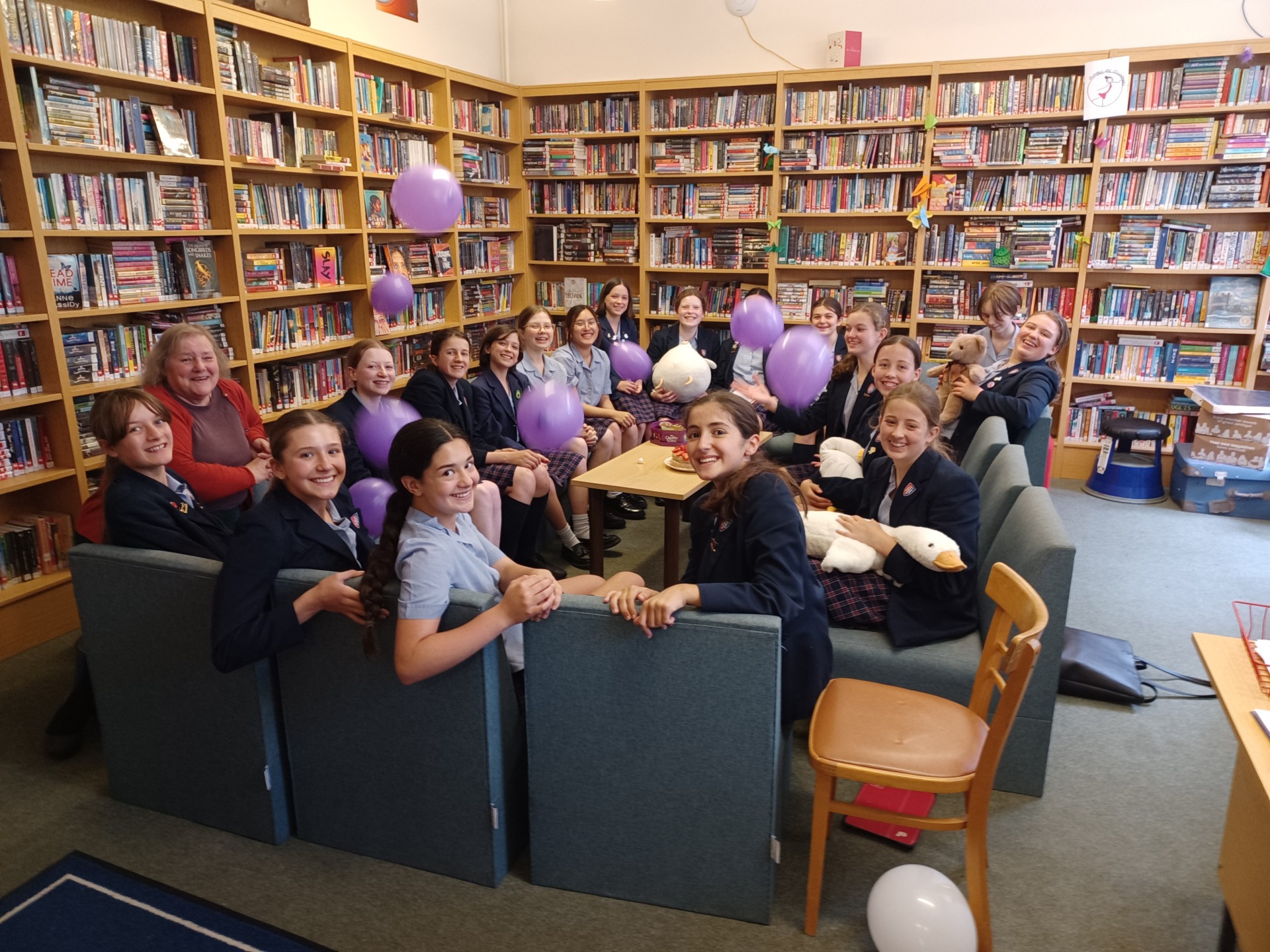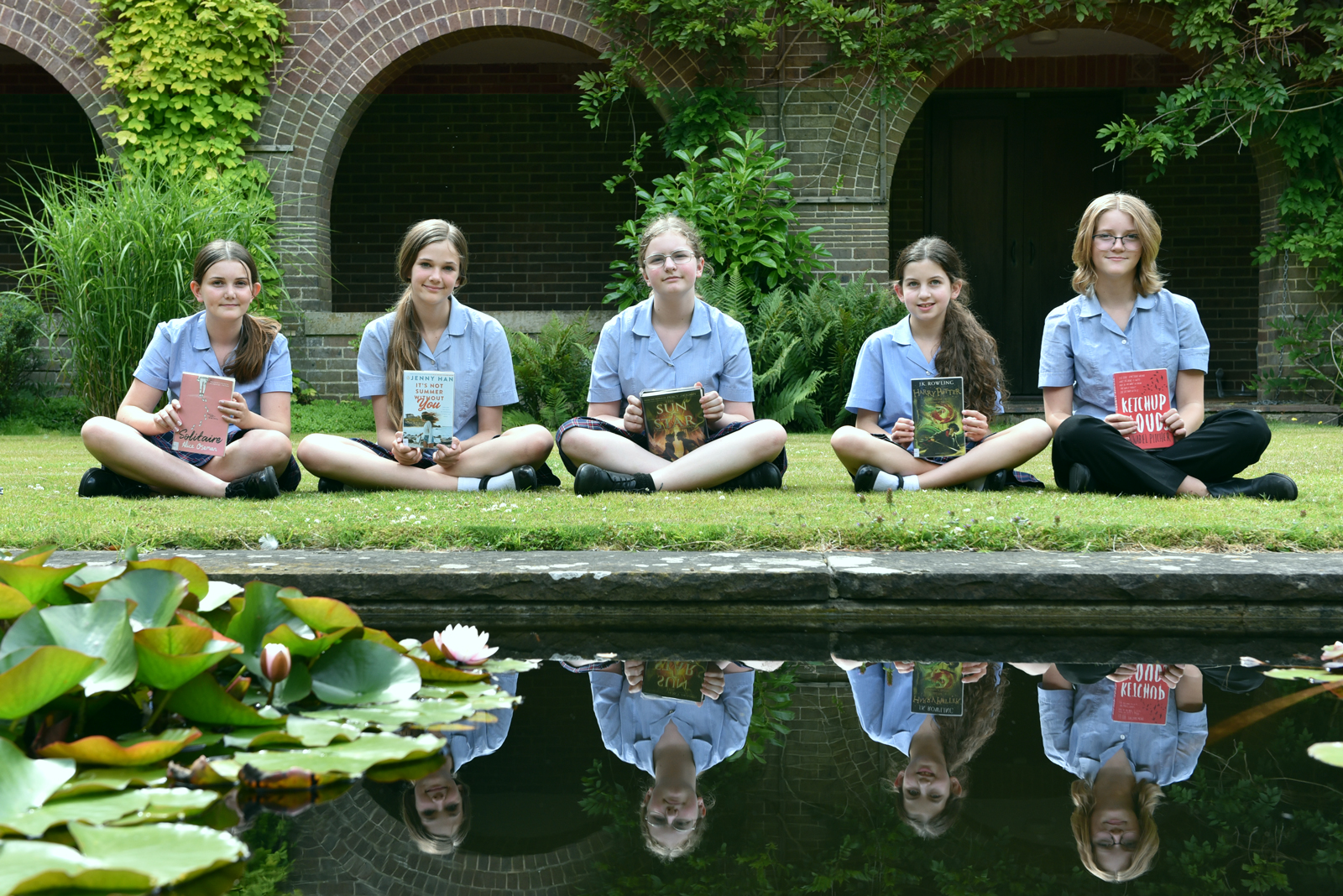This week, the GCSE and A Level Classics students went to London to experience first-hand some of their prescribed exam sources. In the morning they visited the British Museum, where they were able to see some of the visual sources required for the exams, including the Parthenon sculptures, the Bassae frieze, a votive offering to Asclepius and a theatre vase. In addition, students were able to explore the Greek and Roman life displays in order to widen their understanding of material culture in the Greek and Roman world.
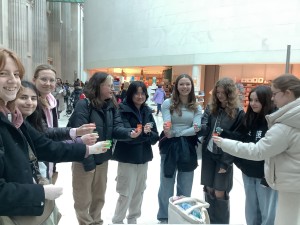
In the afternoon, they watched University College London’s annual Greek play at the Bloomsbury Theatre. This year’s play was Euripides’ Bacchae and the play aimed to “focus on the duality of the plotline and characters”, in addition to “showcasing the extravagance and raw emotion” of the maenads in this tragic story of Pentheus and his refusal to accept Dionysus as a god.
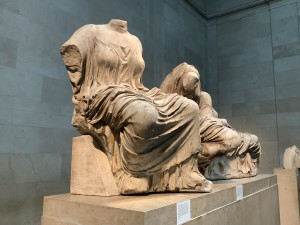
The students said they had a very enjoyable day and some felt that the trip to the British Museum, and viewing a section on the Roman bay of Naples, was an excellent precursor to the Rome trip taking place in March. Furthermore, other students noted the sheer variety of storage options for ancient cultures and they were amazed at the size of a Pithos jar, as their textbook did not quite provide them with its true scale! Moreover, the students were especially passionate about viewing the Parthenon pediments and frieze, not only as it provided them with a sense of scale of the Parthenon temple but also because of their awareness of the current debate concerning the ownership of the Elgin Marbles.
All students thoroughly enjoyed the play, some for purposes of revision of the text for their A Level “a good refresher of the Bacchae”, others for the play’s ability to provide “a new perspective of both Dionysus’ and Pentheus’ characters” and also as an insight into the world of Greek tragedy and its focus on the wrath of the gods. They especially liked the addition of humour to the play and the way the chorus of maenads was used alongside music to really convey the mood of the tragedy.
Thanks go to the Classics department for organising and supporting this visit.

